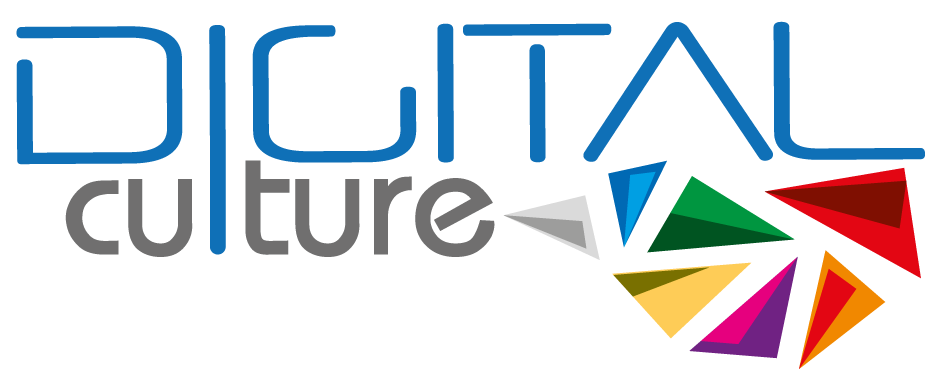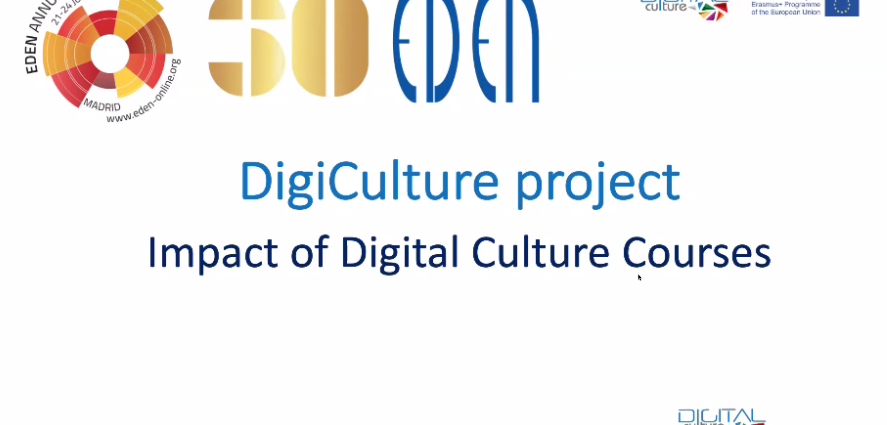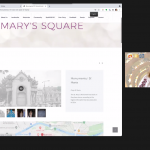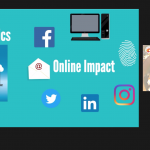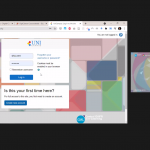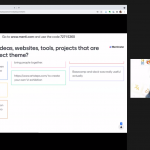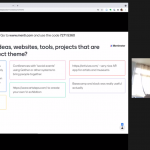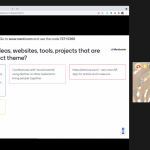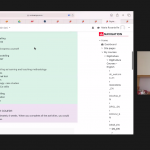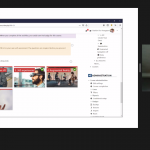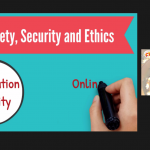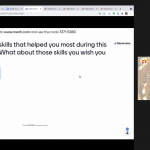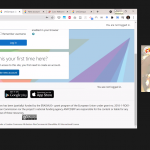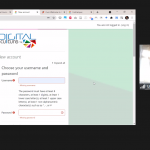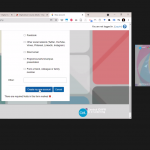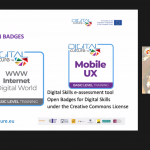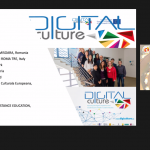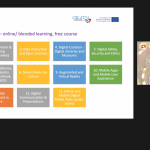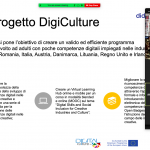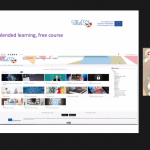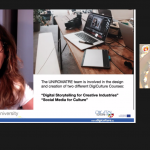TÁ workshop offered the participants the opportunity to discuss the impact of the Digital Culture 13 courses, envisioned as a MOOC on digital skills for Creative Industries (CI) representatives.
The courses promote an innovative approach that includes several methods of learning design, It is expected that this course will have an impact at different levels on the learners – as well as improving their digital skills, it will introduce adult learners to self-regulated learning by rethinking the assessment process.
By scaffolding their further development, it will also increase the success rate for cultural actors from vulnerable socio-economic classes (who can have better access to know-how).
Objectives
The workshop had the following objectives:
➢ to present the DigiCulture project and the 13 courses developed by the partners of this project;
➢ to guarantee full access to the intellectual outputs of the DigiCulture project by presenting the project
website and the MOOC platform where the project courses are being stored;
➢ to evaluate the impact of the Digital Culture Courses based on participants experience and given piloting
results.
➢ to discover ways in which to further increase the impact of the Digital Culture Courses.
➢ to debate and find best scenarios for sustainability of these courses.
The topic of the workshop “Impact of Digital Culture Courses” was relevant for EDEN Annual Conference 2021 because it analyzed the impact of MOOCs designed to fill in the digital skills gap of people who operate in the CI sector and how they can promote social inclusion, media literacy, intercultural competencies, and 4C skills (critical thinking, creativity, communication, and collaboration; Trilling & Fadel, 2009).
In addition, it was focused on the concept of open, inclusive use and development of OERs. The idea was to integrate open tools and make them accessible to the low-skilled disabled allowing free access to relevant knowledge through MOOCs.
At the beginning of the workshop, the organizers presented “DigiCulture”, an Erasmus + KA204 project that lasts from 2018-2021. The project aims to improve digital competencies and social inclusion of adults in Creative Industries. Organizers presented the 13 courses developed inside the project:
1. The Internet, World Wide Web, and introduction to the digital world
2. Digital Content & Publishing (including wikis)
3. Data Protection and Open Licenses4. Digital Curation – Digital Libraries and Museums
5. Digital Safety, Security and Ethics
6. Digital Storytelling
7. Digital Audiences, Digital Analytics (Google, Facebook, Twitter, SEO)
8. Social Media for Culture
9. Augmented and Virtual Reality
10. Mobile Apps and Mobile User Experience
11. Digital Management in Culture
12. Digital Communication & Presentations
13. Online and Mobile Digital Media Tools (audio-video).
Then, the participants discussed the potential impact of a given set of courses on CI stakeholders. Organizers provided examples of comments received during the piloting phase of the courses. Also, a template for discussions has been provided, indicating areas where the impact should be discussed upon.
After that, the discussion has been guided by specific questions prepared by the organizers. Also, the sustainability aspects of the courses have been discussed by the participants.
In the end, the organizers summed up the results of the activities.
Presentation format
Presentation slides, brainstorming with post-its and digital tools, activities supported by templates and online evaluation framework, discussion, evaluation (online survey), but also ways in which the audience was encouraged to participate.
During the workshop, participants have been invited to practice in order to assess the impact of the Digital Culture Courses and further propose how this impact could be increased.
The workshop lasted 1,5 hours and the target group was composed of students, practitioners, teachers, researchers, trainers, and educators who work in the field of digital skills and/or the CI sector.
The workshop was a real success for developing digital education and improving the digital competencies and social inclusion of adults in creative industries.
The content and structure of the workshop were originated by the Erasmus+ KA204 “DigiCulture” project – Improving the Digital Competences and Social Inclusion of Adults in Creative Industries, 2018-2021.
The project aims to create a sustainable and efficient education program devoted to adult learners with low digital skills and low-qualified adults involved in the CI sector.
It addresses a gap in CI education where there is a low emphasis on the use of new digital technologies (EDPR, 2017) and entrepreneurship skills (project management); both new graduates and existing employees, in fact, lack important skills (OECD, 2018). CI employees are often not involved with any formal institution, being freelancers, sometimes members of disadvantaged groups (with economic problems) or from minority groups. Gaining digital skills, they will improve their career opportunities with access to new distribution markets through internet access and eCommerce, new entrepreneurial tools, or adding new forms of digital expression to their work (Digital Education Action Plan, 2018).
